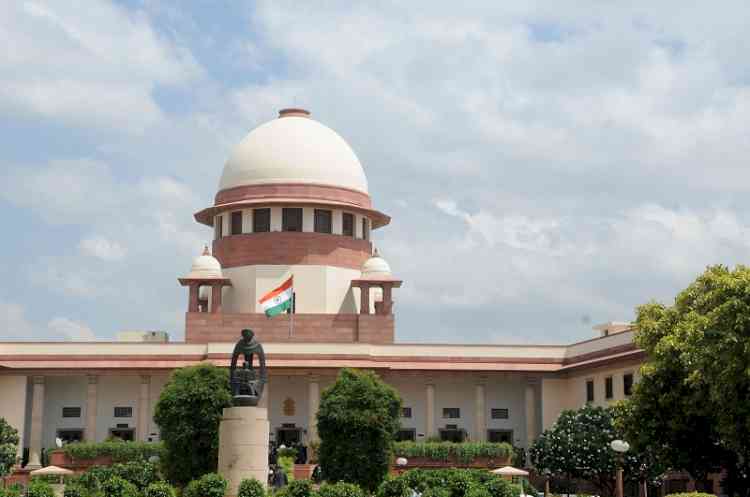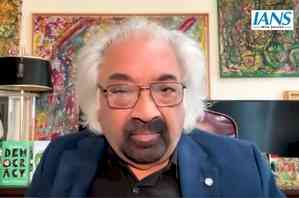Don't let off workplace sexual harassment accused on technical grounds: SC

New Delhi, Dec 3 (IANS) The Supreme Court on Friday urged the courts to interpret service rules and statutory regulations governing the prevention of sexual harassment at the workplace in a manner that metes out procedural and substantive justice to all the parties, and "the process should not turn into punishment".
It also expressed concern over "a rising trend" of courts invalidating proceedings into sexual misconduct at the workplace on "hyper-technical" grounds.
A bench of Justices D.Y. Chandrachud and A.S. Bopanna said: "It is important that courts uphold the spirit of the right against sexual harassment, which is vested in all persons as a part of their right to life and right to dignity under Article 21 of the Constitution."
The Sexual Harassment of Women at Workplace (Prevention, Prohibition, and Redressal) Act 2013 penalises several misconducts of a sexual nature and imposes a mandate on all public and private organisations to create adequate mechanisms for redressal.
"However, the existence of transformative legislation may not come to the aid of persons aggrieved of sexual harassment if the appellate mechanisms turn the process into a punishment," said Justice Chandrachud, who authored the judgment on behalf of the bench.
The bench highlighted on the rising trend of invalidation of proceedings inquiring into sexual misconduct, on hyper-technical interpretations of the applicable service rules.
It said the history of legal proceedings, such as the present case, is a major factor that contributes to the deterrence that civil and criminal mechanisms pose to persons aggrieved of sexual harassment. The top court emphasised that it is also important to be mindful of the power dynamics that are mired in sexual harassment at the workplace.
"We implore courts to interpret service rules and statutory regulations governing the prevention of sexual harassment at the workplace in a manner that metes out procedural and substantive justice to all the parties," it added.
The bench said that there are several considerations and deterrents that a subordinate aggrieved of sexual harassment has to face when they consider reporting sexual misconduct of their superior. "In the present case, the complainant was a constable complaining against the respondent who was the head constable - his superior," it noted.
The top court allowed the appeal filed by the Centre challenging the Calcutta High Court's orders - by a division bench and a single bench -- negating the BSF Director General's decision to hold a head constable guilty of sexual misconduct against a
constable, and hand down punishment of severe reprimand and forfeiture of five years' service for promotion and seven years' service for pension.
The bench said without commenting on the merits of the case, it is evident that the discrepancy regarding the date of occurrence was of a minor nature since the event occurred soon after midnight and on the next day.
"Deeming such a trivial aspect to be of monumental relevance, while invalidating the entirety of the disciplinary proceedings against the respondent and reinstating him to his position renders the complainant's remedy at nought," added the bench.
Setting aside the high court order, Justice Chandrachud said: "The High Court, in this case, was not only incorrect in its interpretation of the jurisdiction of the Commandant and the obligation of the SSFC to furnish reasons under the BSF Act 1968 and Rules therein, but also demonstrated a callous attitude to the gravamen of the proceedings."



 IANS
IANS 








